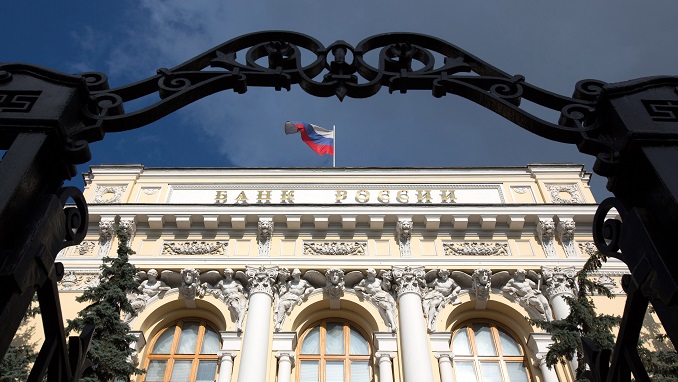The Bank of Russia has come out against the idea or any short-term form of monetary help for the country’s citizens, saying Russia has sufficient plans to combat the coronavirus pandemic as it is, Meduza reports.
The question of cash payments to Russian residents emerged following an opinion piece in the newspaper Vedomosti by Konstantin Sonin, a professor of economics at the University of Chicago and Moscow’s Higher School of Economics. Sonin argued that the Russian government should distribute 10,000 rubles (about $125) to every Russian citizen, making for a total budgetary outlay of about 1 to 1.5 trillion rubles (between 10 and 20 billion dollars, give or take).
In theory, the money could come from Russia’s National Wealth Fund, which was stocked with more than eight trillion rubles ($101 billion) as of February 2020. That excess came from surplus oil sale profits, some of which will now be redirected back to the federal budget as oil prices drop. The National Wealth Fund will also be part of a complex financial scheme to support the Russian ruble. However, there is an awful lot of money in the fund, and emergency measures are exactly what it was originally intended for.
Despite the ostensible availability of money for universal payments in Russia, the country’s financial authorities have already shut down the idea. Last weekend, the regulator’s head Elvira Nabiullina said that there is no need for direct payments in Russia because the government and the central bank already have enough traditional tools to support the country’s population and its economy.
Nabiullina’s response implied that the Central Bank is assuming Russia’s economic growth will not decrease too severely. In that scenario, the greatest short-term threat officials face is likely rapid inflation stemming from falling oil prices that have caused the ruble to depreciate rapidly. Nabiullina acknowledged that widespread self-isolation and business closures will limit inflation growth during the course of the COVID-19 epidemic. Nevertheless, dishing out more than a trillion rubles to the population wouldn’t help in the government’s fight against inflation by any means.
According to professor Sonin, the Russian government’s optimism seems out of line: It is likely that the Russian economy is headed for recession, and the combined effects of quarantines, falling oil prices, and a global economic crisis will hardly respond to conventional stimulus spending alone (of which the Russian government currently plans to provide 300 billion rubles, or about $3.76 billion). Sonin also noted that Russian residents will be losing a significant chunk of their real income due to the ruble’s devaluation.












